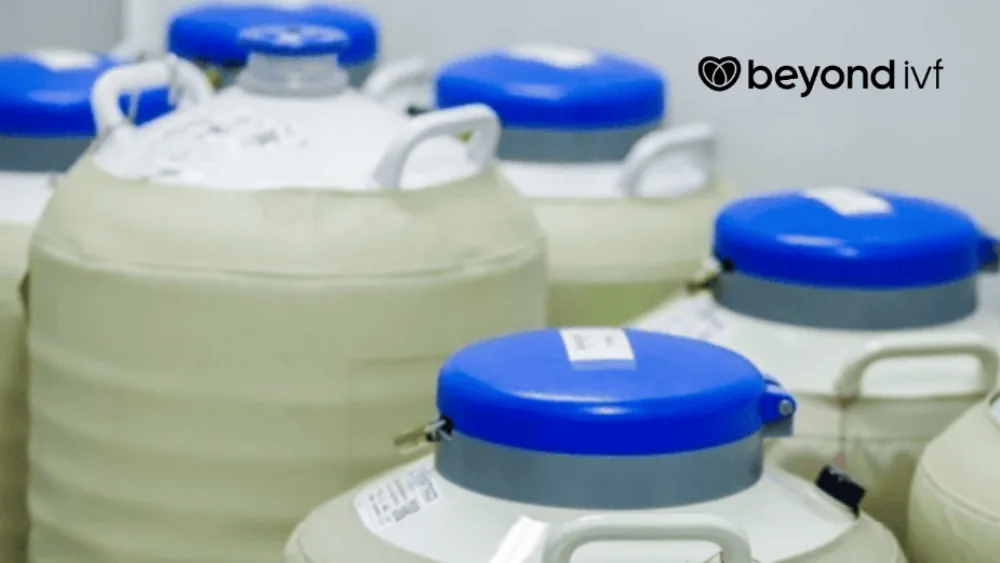Nowadays, many patients pay great attention to egg freezing. This option is especially suitable for women who do not have a partner yet and worry that over time their egg quantity and quality may decline, making it harder to conceive when they decide to have children. Therefore, they turn to this technology as a way to extend their fertility window and better plan for parenthood.

Currently, egg freezing technology is very advanced. Normally, the survival rate of frozen eggs after thawing for in vitro fertilization (ICSI) is quite high — about 90% or more. Therefore, freezing and storing eggs is generally not a concern in terms of cell deterioration.
However, when the storage period extends to around 10 years, in my opinion, it is still considered acceptable. But beyond that, I’m not sure if the freezing and thawing technology will remain the same. For example, if we freeze eggs today and thaw them after 10 years, the thawing process requires special solutions. Over a long time, these solutions might become outdated, similar to how technology like smartphones becomes obsolete.
Therefore, I recommend that those who want to freeze their eggs should plan for a storage period not exceeding 5 to 6 years. Time is an important factor. The longer the eggs are stored, the more the quality may decline compared to recently frozen eggs.
Therefore, if anyone is interested in egg freezing, I encourage you to come for a consultation. You can consult with Beyond IVF, where the clinic does not charge any consultation fees. This allows you to properly plan the timing for egg freezing to achieve the best possible outcome.






